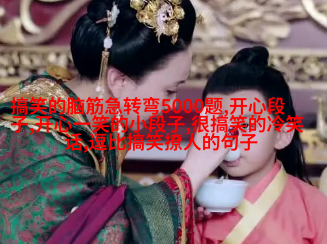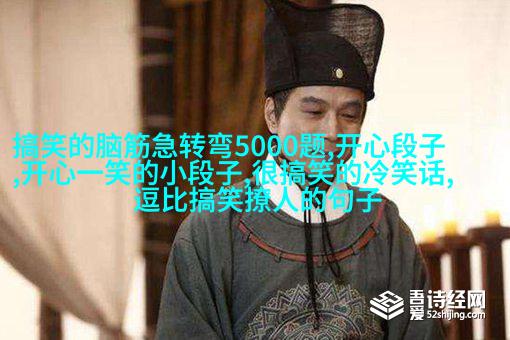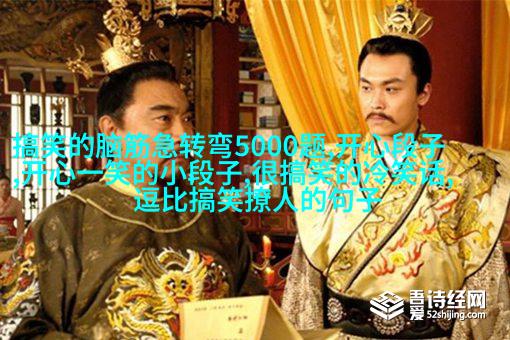脑筋急转弯的历史沿革

brain teasers, also known as riddles or puzzles, have been a part of human culture for thousands of years. The earliest recorded examples can be found in ancient civilizations such as Egypt, China, and Greece. These puzzles were often used to test the wit and intelligence of individuals, particularly those seeking positions in government or academia.
语言游戏与文化差异

Brain teasers are not only limited to verbal games but also include visual puzzles and logical challenges. They vary greatly across cultures and languages due to differences in idioms, expressions, and cultural references. For instance, Chinese brain teasers often rely on wordplay with homophones or double meanings that may not translate well into other languages.
逻辑推理与智力训练

One of the primary purposes of brain teasers is to challenge one's critical thinking skills by presenting seemingly simple yet complex problems that require careful analysis and creative solutions. By solving these puzzles regularly, people can improve their cognitive abilities such as memory retention, attention span, and problem-solving skills.
教育中的应用价值

Brain teasers have long been recognized for their educational potential in enhancing learning outcomes for students across various age groups and subjects including mathematics, science physics chemistry biology history literature philosophy psychology business management economics computer programming engineering law medicine nursing etcetera
娱乐与社交活动

Besides being an effective tool for education they serve as an enjoyable form of entertainment at parties social gatherings family reunions team-building exercises corporate retreats holiday celebrations etcetera Involving others in puzzle-solving activities promotes teamwork communication collaboration creativity humor camaraderie trust bonding friendship laughter enjoyment joy
标签: 开心段子 、 开心一笑的小段子 、 搞笑的脑筋急转弯5000题 、 很搞笑的冷笑话 、 逗比搞笑撩人的句子

